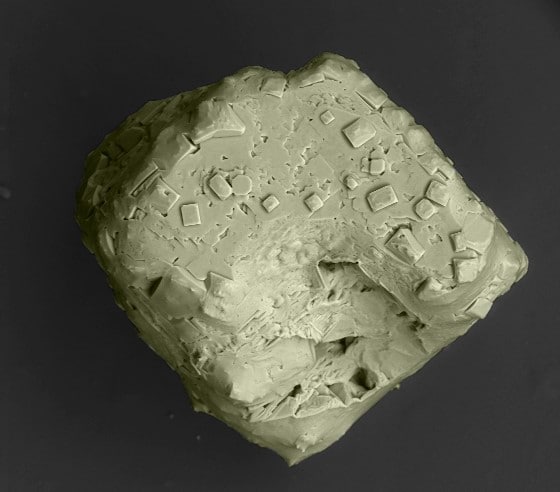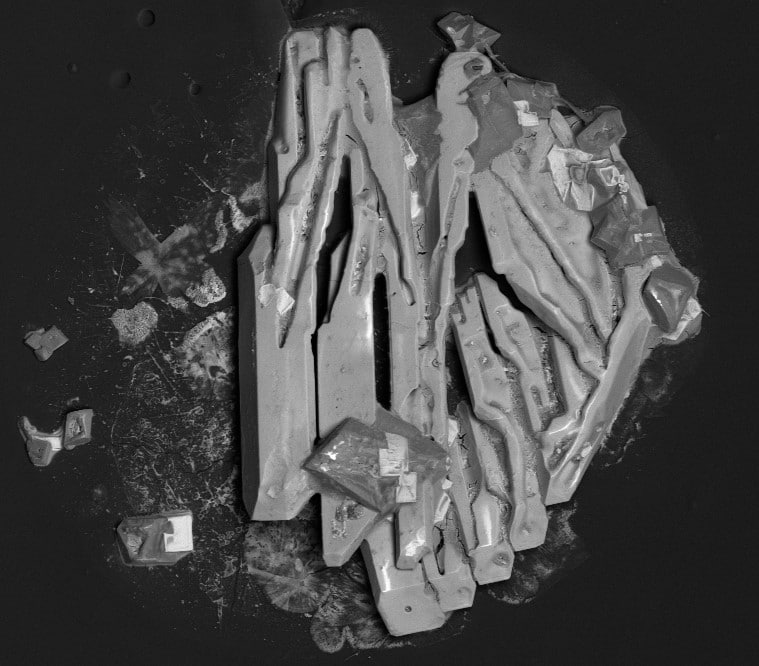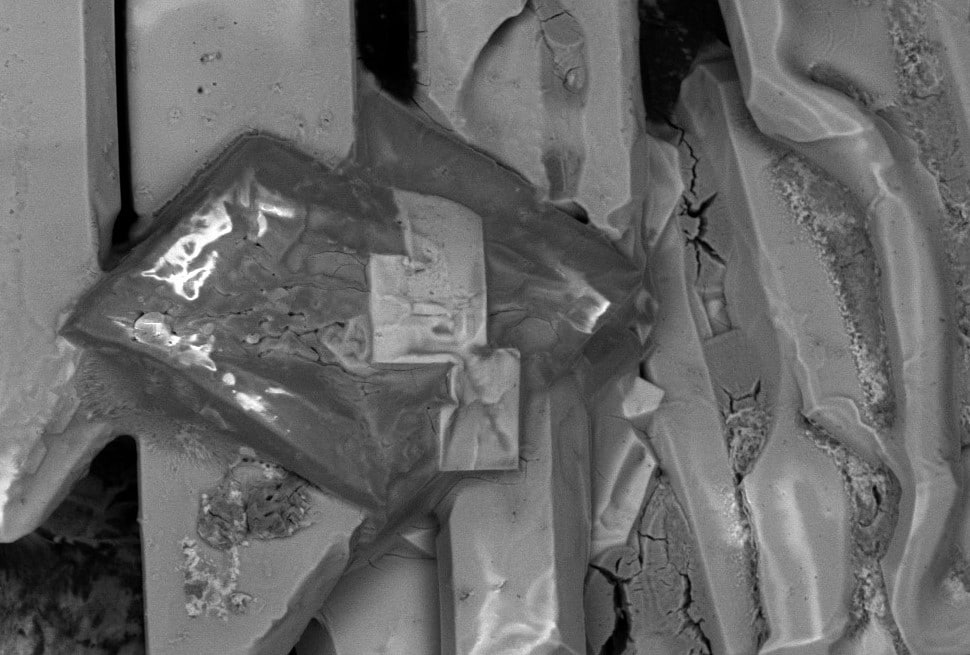PHASE TRANSITIONS OF SALTS UNDER CHANGING CLIMATIC CONDITIONS
The physical processes of salts in a mixture are unpredictable and an area of science in which theoretical predictions deviate from experimental results. To counter this problem the Belgian Science Policy (BELSPO) has funded a research project, a collaboration between the Royal Institute for Cultural Heritage (KIK-IRPA), Ghent University (Department of Geology), University of Antwerp (Heritage Department), The University of Hamburg (Institute for Inorganic and Applied Chemistry) and University College London (Institute for Sustainable Heritage).
The main goal is to identify and investigate the behavior of common salt mixtures found in the built environment. To better understand the formation of complex salts and their damage potential in changing climatic conditions. The results will guide future research initiatives and provide a solid base for heritage conservation and management strategies.
Innovative experiments are carried out to observe phase transitions in varying climatic conditions to define crystallization and dissolution rates, which in turn allow for the verification of theoretical models and the development of new tools accessible to a wide group of users.


